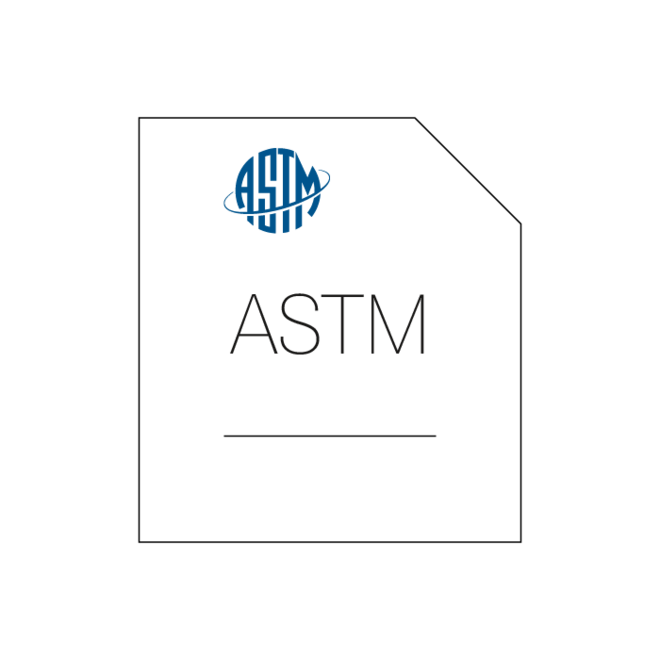Please select and order
€98.00
excl. VAT
Add to cart


Norm
ASTM E 709
Issue date: 2008
Standard Guide for Magnetic Particle Testing
1.1 This guide describes techniques for both dry and wet magnetic particle testing, a nondestructive method for detecting cracks and other discontinuities at or near the ...
Publisher:
American Society for Testing and Materials
Format:
Digital | 41 Pages
Language:
English
Currently valid:
ICS
1.1 This guide describes techniques for both dry and wet magnetic particle testing, a nondestructive method for detecting cracks and other discontinuities at or near the surface in ferromagnetic materials. Magnetic particle testing may be applied to raw material, semifinished material (billets, blooms, castings, and forgings), finished material and welds, regardless of heat treatment or lack thereof. It is useful for preventive maintenance testing. 1.1.1 This guide is intended as a reference to aid in the preparation of specifications/standards, procedures and techniques. 1.2 This guide is also a reference that may be used as follows: 1.2.1 To establish a means by which magnetic particle testing, procedures recommended or required by individual organizations, can be reviewed to evaluate their applicability and completeness. 1.2.2 To aid in the organization of the facilities and personnel concerned in magnetic particle testing. 1.2.3 To aid in the preparation of procedures dealing with the examination of materials and parts. This guide describes magnetic particle testing techniques that are recommended for a great variety of sizes and shapes of ferromagnetic materials and widely varying examination requirements. Since there are many acceptable differences in both procedure and technique, the explicit requirements should be covered by a written procedure (see Section 21). 1.3 This guide does not indicate, suggest, or specify acceptance standards for parts/pieces examined by these techniques. It should be pointed out, however, that after indications have been produced, they must be interpreted or classified and then evaluated. For this purpose there should be a separate code, specification, or a specific agreement to define the type, size, location, degree of alignment and spacing, area concentration, and orientation of indications that are unacceptable in a specific part versus those which need not be removed before pa ....(abbreviated)


